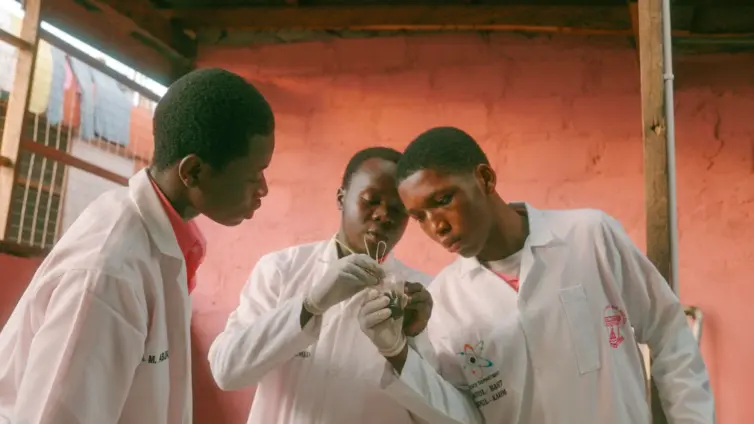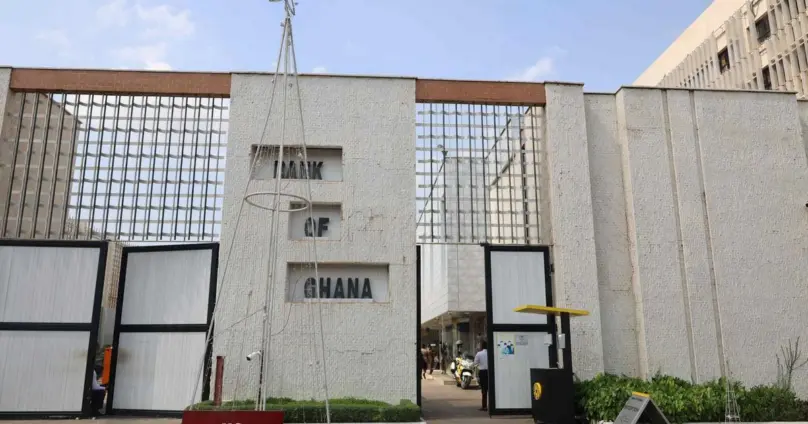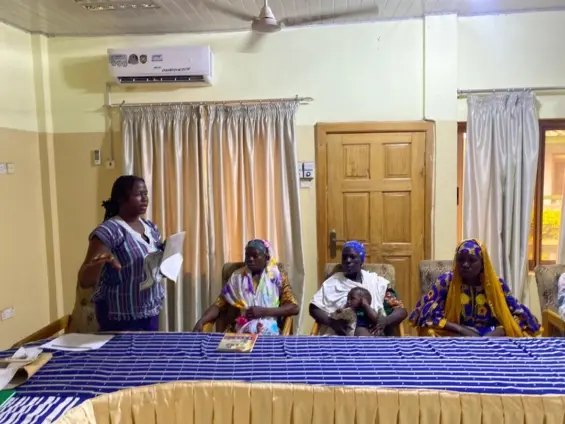Global food insecurity is a stark reality, affecting millions and demanding urgent solutions. In Ghana, a wave of young entrepreneurs is rising to this challenge, pioneering innovative approaches to agriculture. One such approach is aquaponics, a method that seamlessly integrates aquaculture (fish farming) with hydroponics (soil-less plant cultivation). This dual system promises not only sustainable agriculture but also a potent boost to food security, especially in resource-constrained environments.
The burgeoning field of Ghana Aquaponics is being shaped by these driven young individuals. Their initiatives are demonstrating aquaponics as a viable path toward food security, offering economic empowerment, and promoting environmentally conscious practices across the nation. This movement is not just about farming; it’s about building a more resilient and sustainable future.
Across Ghana, young entrepreneurs are spearheading aquaponics solutions, adapting the technology to local contexts and needs. They are not only cultivating food but also fostering skills and creating opportunities within their communities.
One shining example is Glean Aquaponics, a social enterprise dedicated to efficient food production using minimal resources. They cultivate fish, including catfish and tilapia, alongside vegetables like lettuce and tomatoes. Their closed-loop system exemplifies resource conservation, minimizing waste and maximizing yield. To date, Glean Aquaponics has reached approximately 2,000 households and provided training to over 500 individuals, spreading both knowledge and access to nutritious food.
In the Ashanti Region, African Youth Employment Initiatives (AYEI) is harnessing the power of solar energy and locally sourced materials to empower rural youth and women through aquaponics. By recycling fish waste as fertilizer, AYEI underscores the potential of circular economy principles within agriculture. With seven projects completed across 10 countries, AYEI has positively impacted over 1,000 beneficiaries globally, showcasing the scalability and adaptability of their approach.
The Youth Employment Agency (YEA) has also recognized the potential of aquaponics and is actively collaborating with the Ministry of Fisheries and Aquaculture Development. Together, they are providing training programs for young people, equipping them with the skills needed for aquaculture and sustainable employment in this growing sector.
Aquaponics presents a particularly compelling solution for food security in urban and peri-urban areas, where land and water resources may be limited. Its ability to yield both fish and vegetables year-round provides a steady food supply, while also creating alternative income streams for households. Integrating aquaponics into community projects effectively addresses youth unemployment by offering training and entrepreneurial opportunities in sustainable agriculture.
Organizations and awards are increasingly recognizing and supporting these young agripreneurs in Ghana, providing crucial resources and visibility.
The Kosmos Innovation Center (KIC), in partnership with the Mastercard Foundation, demonstrates this support through seed funding for agricultural innovations. In 2024, 24 startups received this vital assistance, with many projects emphasizing sustainable practices and resource efficiency.
The Zayed Sustainability Prize stands as a prominent global recognition platform, rewarding innovative solutions across various sectors. Since 2008, it has impacted over 400 million lives through its support for sustainable development initiatives.
Sakafia Islamic Senior High School, a remarkable example of youth-led innovation, was awarded the 2025 Zayed Sustainability Prize in the Global High Schools category for its impactful aquaponics project. This full-scale urban aquaponics system directly addresses food insecurity, reduces water usage, and provides invaluable hands-on training to students.
The US$150,000 prize will facilitate the integration of the aquaponics system into the school’s curriculum, benefiting over 1,000 individuals and establishing the school as a community hub for sustainable agriculture practices.
In summary, young Ghanaian entrepreneurs are at the forefront of a revolution in food security, leveraging the power of aquaponics to create sustainable and resilient agricultural systems. Their efforts, combined with innovation, community engagement, and the support of development partners, are paving the way for a more secure and prosperous future for Ghana.
The continued growth of youth-led Ghana Aquaponics projects holds immense potential for a more resilient agricultural future. As these initiatives expand and inspire others, Ghana can move closer to achieving food security, economic empowerment, and environmental sustainability.
Image Source: MYJOYONLINE





















